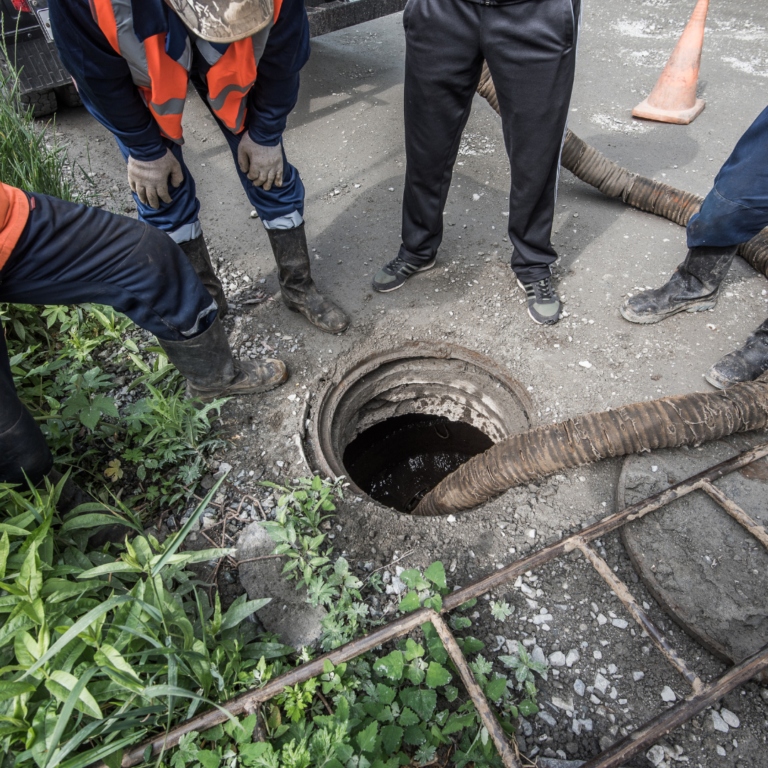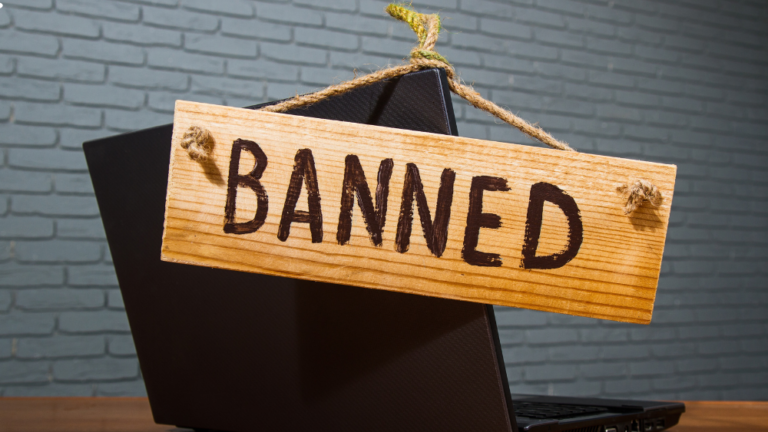Compensation Fraud
Former Sewerage & Water Board Employee Arrested for Workers’ Compensation Fraud
January 2, 2025 | JacobiJournal.com -- Compensation fraud is at the center of a recent case in Louisiana. The Louisiana ...
OSHA Holds Maine Contractor Accountable After Fatal Trench Collapse
January 2, 2025 | JacobiJournal.com -- Fatal Trench Collapse: A federal investigation by the Occupational Safety and Health Administration (OSHA) ...
BTW Solutions Faces Accountability in Federal Workers’ Compensation Billing Case
January 2, 2025 | JacobiJournal.com -- BTW Solutions, a Benton, Arkansas-based drug wholesaler and billing service, recently agreed to pay ...
Lifetime-Banned Fraudster Faces New Charges in $100M Workers’ Compensation Scheme
December 30, 2024 | JacobiJournal.com -- Compensation fraud scheme involving a lifetime-banned fraudster: In a stunning development, a man previously ...
Intoxicated Worker’s Injury Claim Approved Despite Employer Objections
December 30, 2024 | JacobiJournal.com -- Intoxicated worker injury claim approved: In a significant ruling, a New York appellate court ...
Virginia Employee Denied Workers’ Compensation for Elevator Incident
December 30, 2024 | JacobiJournal.com -- Denied workers compensation for psychological injuries was confirmed for a Virginia health insurance employee ...
Oregon Contractor Faces $135K Fine for Persistent Safety Violations
December 28, 2024 | JacobiJournal.com -- Oregon OSHA fine: Oregon’s Occupational Safety and Health Division (OSHA) has imposed a $135,407 ...
West Haven Recovers $1 Million in Stolen COVID Relief Funds
December 28, 2024 | JacobiJournal.com -- Stolen COVID Relief Funds: The city of West Haven, Connecticut, has secured more than ...
Cal/OSHA Fines Animal Shelter $563K Over Employee Safety Failures
December 27, 2024 | JacobiJournal.com -- OSHA Fine and Employee Safety Failures: A San Pedro animal services center faces $563,250 ...
Doctor Pleads Guilty to $3 Million Workers’ Comp Fraud Scheme
December 27, 2024 | JacobiJournal.com -- Comp fraud case: Doctor Pleads Guilty: A Southern California doctor has agreed to plead ...
OSHA Targets New Jersey Contractor with $328K Fine for Fall Hazards
December 27, 2024 | JacobiJournal.com -- OSHA fine: A New Jersey contractor is facing $328,545 in penalties after federal inspectors ...
New Jersey Supreme Court Rules Insurer Not Obligated to Defend Employer in Injury Lawsuit
December 20, 2024 | JacobiJournal.com -- The New Jersey Supreme Court insurance ruling determined that Hartford Underwriters Insurance Co. had ...
Balancing Quality and Efficiency in Fraud Investigations
December 19, 2024 | JacobiJournal.com -- Efficiency in fraud investigations is a critical concern in the insurance sector, where investigators ...
Pasadena Doctor Admits to Workers’ Compensation Fraud, Exposing Systemic Vulnerabilities
December 18, 2024 | JacobiJournal.com -- A Pasadena-based physician has agreed to plead guilty to charges related to workers' compensation ...
31 Red Flags to Spot Workers’ Compensation Fraud
31 Red Flags: Workers' compensation fraud is a serious issue that can affect businesses, employees, and insurance providers. Detecting fraud ...














